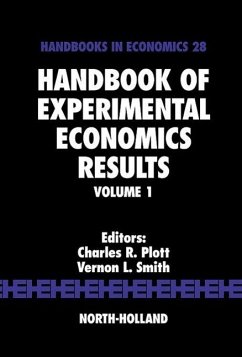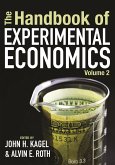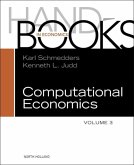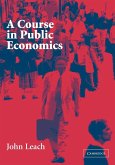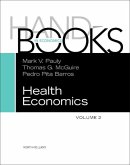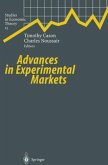Experimental methods in economics respond to circumstances that are not completely dictated by accepted theory or outstanding problems. While the field of economics makes sharp distinctions and produces precise theory, the work of experimental economics sometimes appear blurred and may produce results that vary from strong support to little or partial support of the relevant theory.
At a recent conference, a question was asked about where experimental methods might be more useful than field methods. Although many cannot be answered by experimental methods, there are questions that can only be answered by experiments. Much of the progress of experimental methods involves the posing of old or new questions in a way that experimental methods can be applied.
The title of the book reflects the spirit of adventure that experimentalists share and focuses on experiments in general rather than forcing an organization into traditional categories that do not fit. The emphasisreflects the fact that the results do not necessarily demonstrate a consistent theme, but instead reflect bits and pieces of progress as opportunities to pose questions become recognized.
This book is a result of an invitation sent from the editors to a broad range of experimenters asking them to write brief notes describing specific experimental results. The challenge was to produce pictures and tables that were self-contained so the reader could understand quickly the essential nature of the experiments and the results.
Hinweis: Dieser Artikel kann nur an eine deutsche Lieferadresse ausgeliefert werden.
At a recent conference, a question was asked about where experimental methods might be more useful than field methods. Although many cannot be answered by experimental methods, there are questions that can only be answered by experiments. Much of the progress of experimental methods involves the posing of old or new questions in a way that experimental methods can be applied.
The title of the book reflects the spirit of adventure that experimentalists share and focuses on experiments in general rather than forcing an organization into traditional categories that do not fit. The emphasisreflects the fact that the results do not necessarily demonstrate a consistent theme, but instead reflect bits and pieces of progress as opportunities to pose questions become recognized.
This book is a result of an invitation sent from the editors to a broad range of experimenters asking them to write brief notes describing specific experimental results. The challenge was to produce pictures and tables that were self-contained so the reader could understand quickly the essential nature of the experiments and the results.
Hinweis: Dieser Artikel kann nur an eine deutsche Lieferadresse ausgeliefert werden.
"For anyone interested in experimental economics this is a book that one should have on one's shelf. Plott and Smith have assembled a collection of papers that illustrate the power of experimental methods for understanding the appropriate role of markets and other institutions for dealing with real-world problems. " --Howard Kunreuther, Wharton School, University of Pennsylvania
"Plott and Smith have provided an incisive and instructive summary of the results and methods of experimental economics, and a comprehensive handbook of experimental methods and findings from applied mechanism design to the study of behavior and interaction of economic agents. This handbook is an outstanding introduction to the experimental methods that are transforming economics, and an essential addition to the bookshelf of every economist interested in understanding and participating in this emerging field." --Daniel L. McFadden, University of California, Berkeley
"Plott and Smith have provided an incisive and instructive summary of the results and methods of experimental economics, and a comprehensive handbook of experimental methods and findings from applied mechanism design to the study of behavior and interaction of economic agents. This handbook is an outstanding introduction to the experimental methods that are transforming economics, and an essential addition to the bookshelf of every economist interested in understanding and participating in this emerging field." --Daniel L. McFadden, University of California, Berkeley

